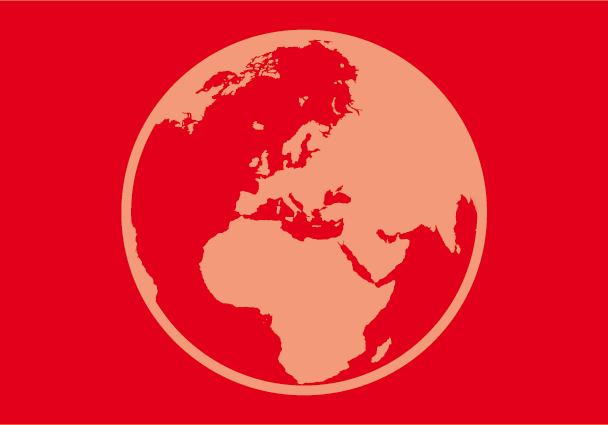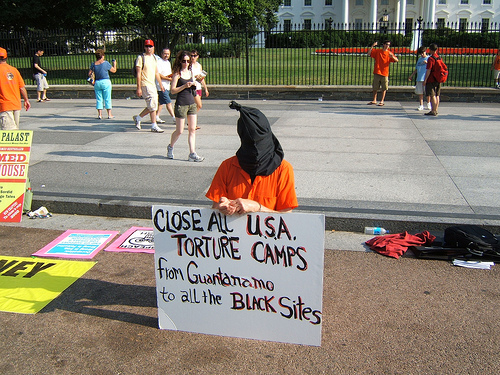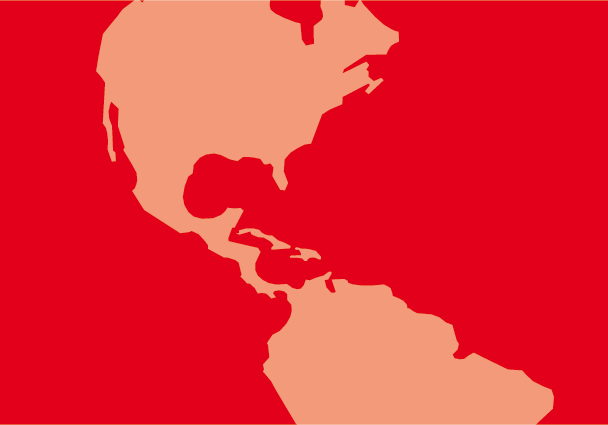
May 4, 2009 | News
The ICJ presented today the findings of a worldwide inquiry by a panel of some of the most prominent jurists into the impact of counter-terrorism laws on human rights at the United Nations in New York.
The report of the Eminent Jurists Panel concludes that many governments have confronted the threat of terrorism with ill-conceived measures that have undermined cherished values and resulted in serious violations of human rights.
It illustrates the devastating effects that notorious counter-terrorism measures such as extraordinary rendition, torture, arbitrary detention, and unfair trials have had on human rights worldwide.
It also warns of the increasing secrecy preventing accountability, and the danger of “temporary” measures becoming permanent features of law and practice in many states.
UN leadership in counter-terrorism-press release-2011 (full text, PDF)

Apr 17, 2009 | News
The ICJ today called on the United States to comply with its international legal obligation to conduct a thorough investigation and prosecute officials who authorized and engaged in the international crime of torture.
United States-No impunity for torture-Press releases-2009 (full text, PDF)
Photo by acameronhuff

Feb 6, 2009 | News
The UK government and the new US administration must ensure that the independence of the courts, and their ability to disclose information essential to accountability for crimes of torture, is not undermined.
The main threat is the withdrawal of intelligence co-operation, the ICJ said in response to yesterday’s Divisional Court judgment in R (Binyam Mohammed) v Secretary of State for Foreign Affairs.
UK-US-Governments must not impede courts’ disclosure of torture allegations-web story-2009 (full text, PDF)

Nov 11, 2008 | Advocacy, Non-legal submissions
In this review, the Working Group on the UPR and the Council should address the violations or risks of violations of Malta’s human rights obligations resulting from its immigration law, policy and practice.
In particular, the ICJ draws attention to measures of administrative detention and expulsion of migrants in light of the right to liberty and security of the person and of the right to non-refoulement where there are substantial grounds for believing that there is a real risk of torture or cruel, inhuman or degrading treatment or other serious violations of human rights.
Malta-ICJ Submission to the Universal Periodic Review of Malta-non-legal submission-2008 (full text, PDF)

Jun 2, 2008 | News
The ICJ said today at the Human Rights Council that all States should use their interaction with experts on extra-judicial executions, independence of judges and lawyers, torture and business and human rights.
This is not just to review their mandates to better address the major rights’ challenges, but also to demand accountability and end impunity for the perpetrators of persistent human rights violations in Zimbabwe, Tibet and Myanmar, the ICJ added.
HRC-States should strengthen judicial independence-Press releases-2008 (full text, word)









